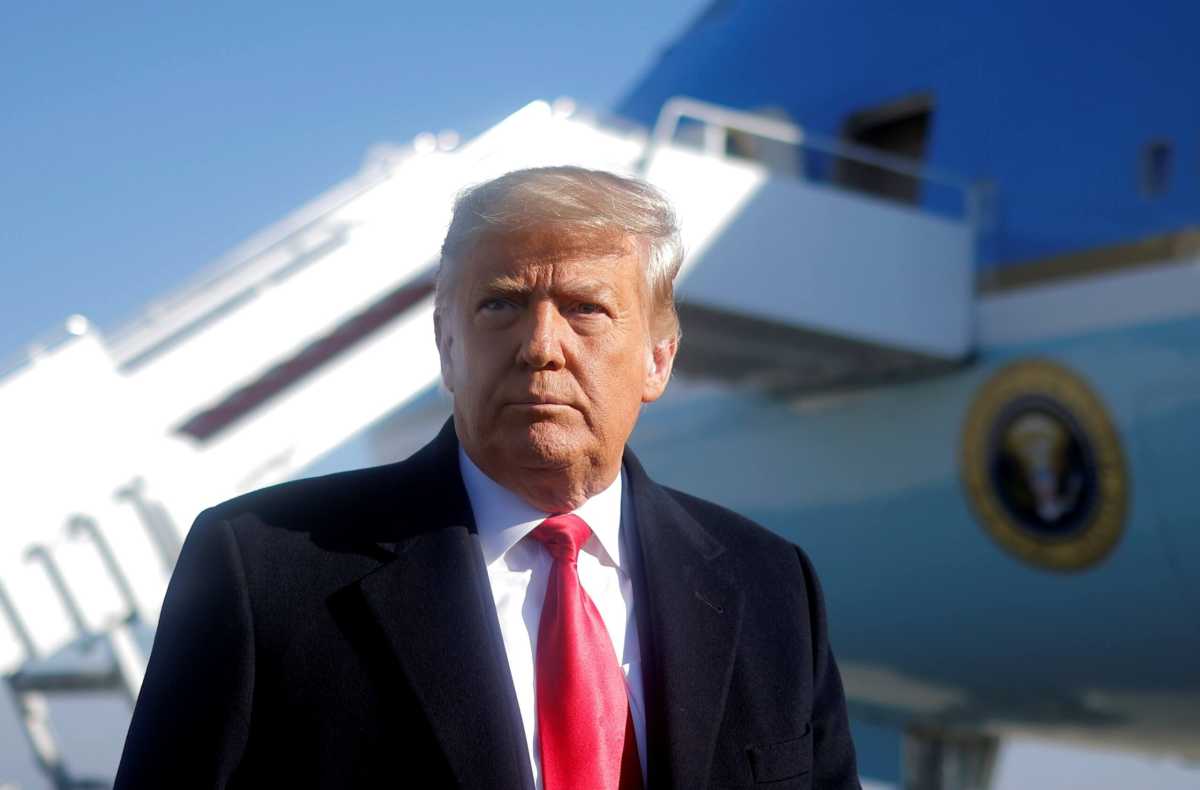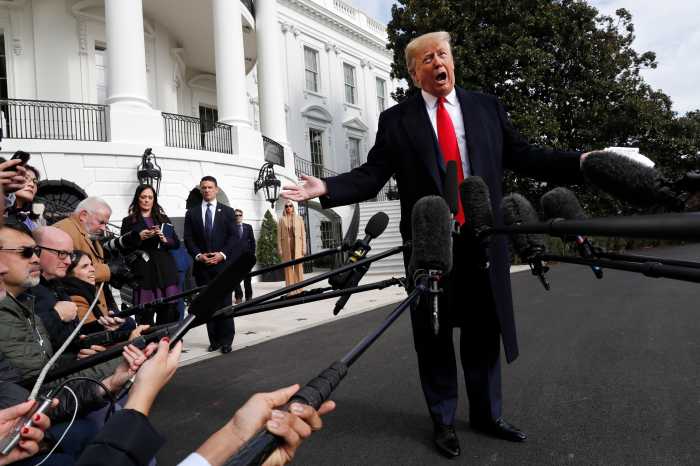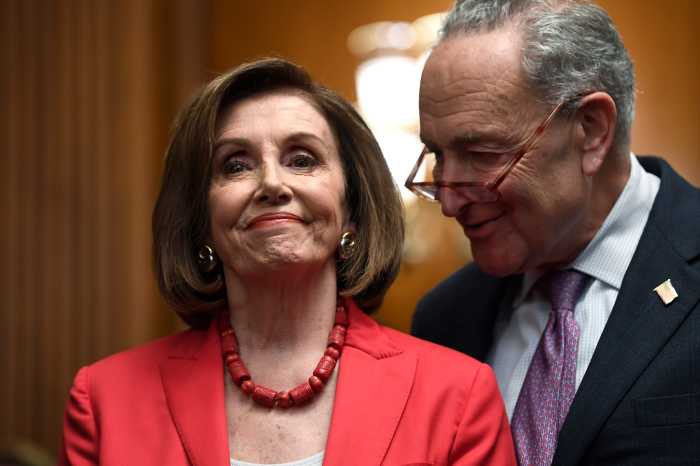By David Morgan and Richard Cowan, Reuters
America will be in uncharted territory when the U.S. Senate meets as soon as next week for the impeachment trial of Donald Trump, the first U.S. president both to be impeached a second time and to face trial by lawmakers after leaving office.
The House of Representatives on Wednesday voted to impeach Trump on charges of incitement after his supporters rampaged in the Capitol after the Republican urged them in a speech to fight President-elect Joe Biden’s election victory. Trump falsely claims he lost due to widespread voting fraud.
In an emotional debate before the 232-197 vote, 10 Republicans joined the majority Democrats in supporting impeachment. Multiple Republicans defended Trump’s remarks as protected by the First Amendment of the U.S. Constitution, which defends free speech.
The swift impeachment, one week after the riot, is very unlikely to lead to Trump’s ouster before Biden takes office on Jan. 20. Majority Leader Mitch McConnell has rejected Democratic calls for a quick trial in the Republican-led Senate, saying there was no way to meet in time.
But even if he has left the White House, the Senate could convict Trump and then vote to ban him from running for office again.
Biden, a Democrat, has urged Senate leaders to avoid a trial during his first days in the White House so that they can focus on the economy, getting the coronavirus vaccine distribution program on track and confirming crucial Cabinet nominees.
Trump’s refusal to concede defeat and a pair of U.S. Senate runoffs in Georgia last week have delayed the confirmation of key appointments, which often occur before a new president is sworn in.
“I hope that the Senate leadership will find a way to deal with their Constitutional responsibilities on impeachment while also working on the other urgent business of this nation,” Biden said in a statement on Wednesday.
Biden’s inauguration has been scaled back due to security concerns and the COVID-19 pandemic. The West Front of the Capitol building, where the swearing-in occurs, is now fortified by fencing, barriers and thousands of National Guard troops.
The article of impeachment – equivalent to an indictment in a criminal trial – charged Trump with “incitement of insurrection” in his incendiary speech to thousands of supporters shortly before the riot. The mob disrupted Congress’s certification of Biden’s victory, sent lawmakers into hiding and left five people dead, including a police officer.
FIRST AMENDMENT DEFENSE
Under the Constitution, impeachment in the House triggers a trial in the Senate. A two-thirds majority would be needed to convict and remove Trump, meaning at least 17 Republicans in the 100-member chamber would have to join the Democrats.
McConnell has said no trial could begin until the Senate was scheduled to be back in regular session on Tuesday.
If Trump is already out of the White House, historical precedent suggests the Senate could disqualify him from holding office in the future with only a simple majority vote.
In the trial, Trump’s legal team may argue that his comments to supporters on Jan. 6 were not a call to violence and were protected by the right to free speech under the First Amendment, some legal experts said.
They said all sorts of lawful rhetoric can be proper grounds for impeachment, however, and that Congress has wide latitude to define “incitement” as it sees fit in the impeachment process.
“Even if his speech was protected by the First Amendment, he can still be impeached for it,” said Ilya Somin, a law professor at George Mason University. “High-ranking officials get fired for their speech all the time.”
Trump’s team could also argue that holding an impeachment trial after he has left office would violate the Constitution.
But there is precedent for Congress impeaching former federal officials and the Constitution explicitly says that impeachment is not just for removing officials but also for disqualifying them from future office, the experts said.
EMOTIONAL DEBATE
Wednesday’s emotional debate took place in the same House chamber where lawmakers last week were forced to duck under chairs and don gas masks as rioters clashed with police outside the doors.
Some Republicans argued the drive to impeach was a rush to judgment that bypassed the customary deliberative process, and called on Democrats to abandon the effort for the sake of national unity. The Republicans who voted in favor included Liz Cheney, the No. 3 House Republican.
The House impeached Trump in December 2019 on charges of abuse of power and obstruction of Congress stemming from his request that Ukraine investigate Biden and his son Hunter. Democrats accused him of soliciting foreign interference to smear a domestic political rival. The Senate in February 2020 voted to keep Trump in office.
No U.S. president has ever been removed from office via impeachment. Bill Clinton was impeached in 1998 and Andrew Johnson in 1868 but they also were acquitted by the Senate. Richard Nixon resigned in 1974 rather than face impeachment.






































